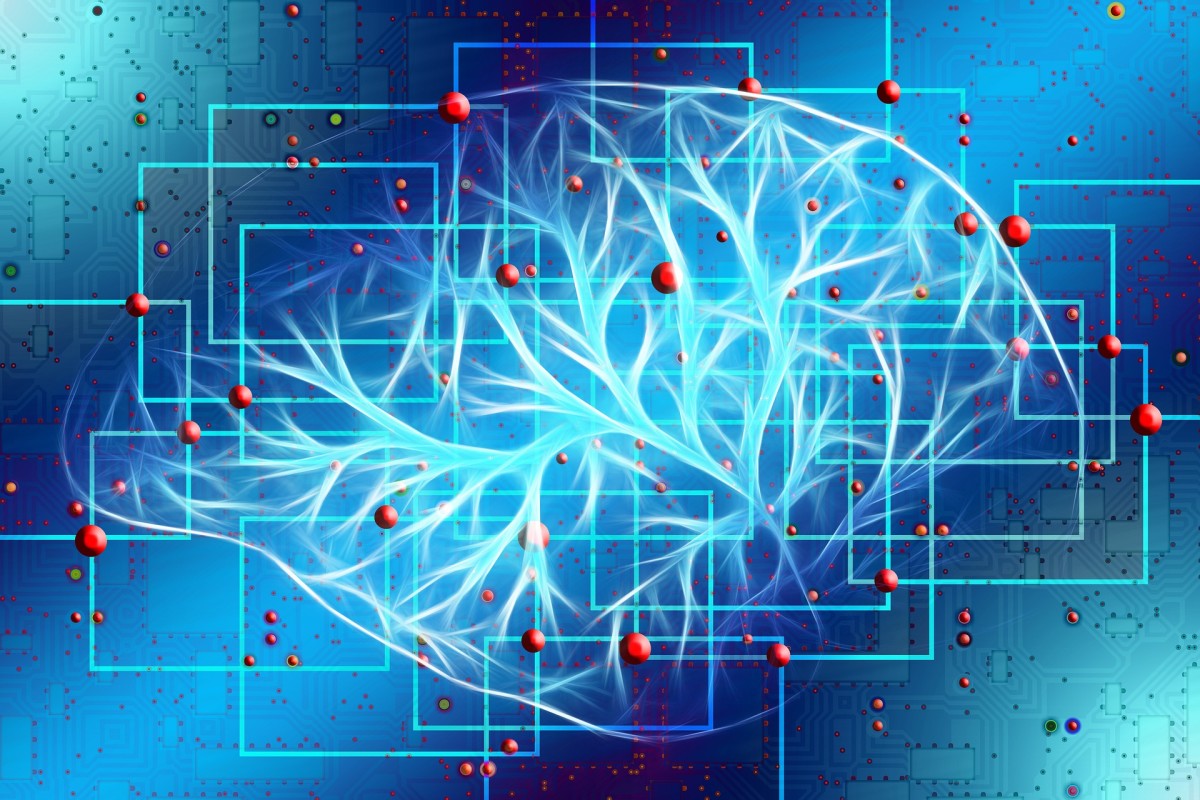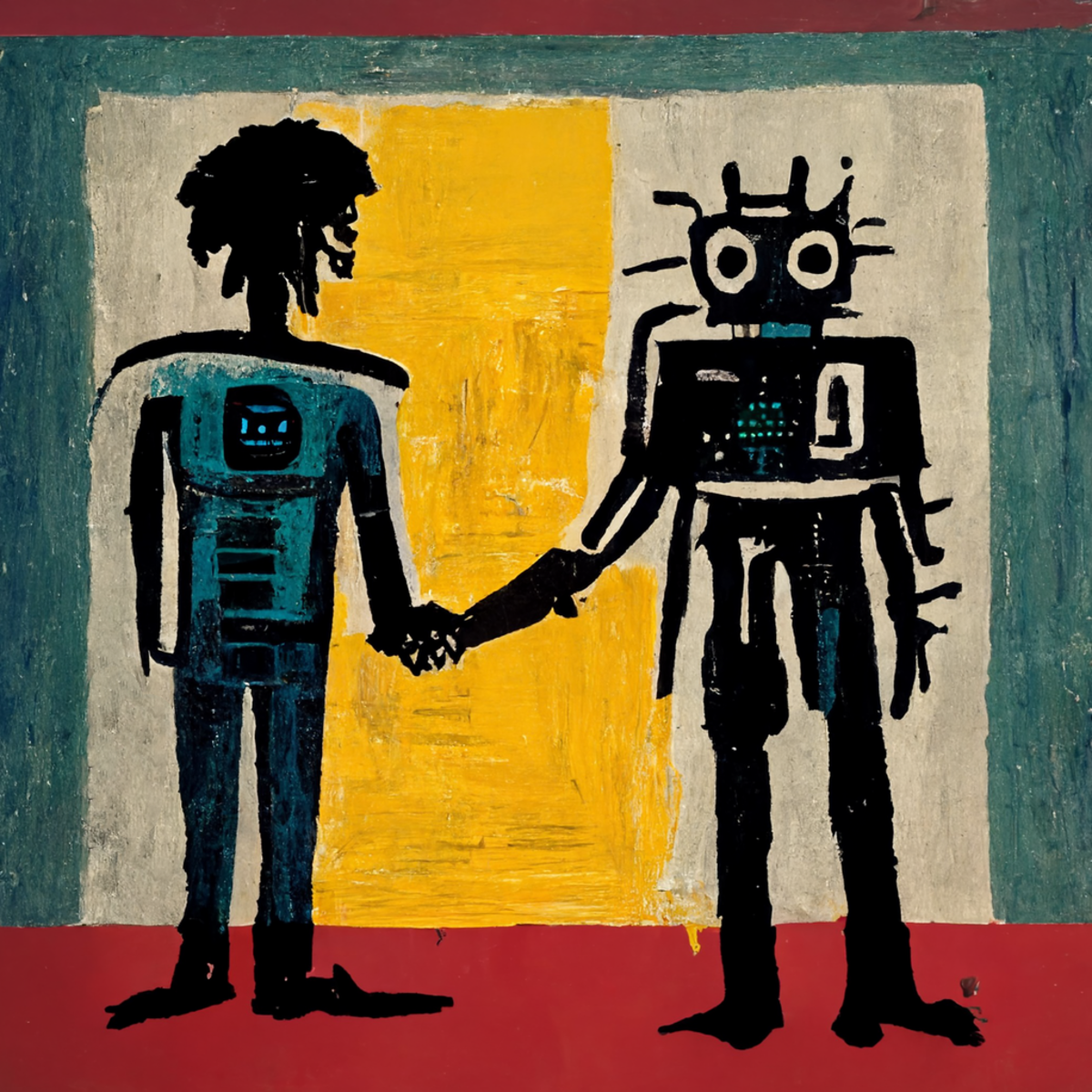Gerd Altmann from Pixabay Professions that rely heavily on critical-thinking skills and ethical decision-making include fields such as law, medicine, journalism, and many creative roles. In these fields, professionals need to be able to think critically and make ethical decisions to serve their clients or patients effectively and uphold the standards of their profession. I asked Dr. Robert Eldridge, professor of ethics at The University of Tennessee Knoxville if he believed AI systems possess the judgment and intuition required for critical thinking and ethical decision-making. I wanted to know if he believes these tools can help make decisions on their own in a truly ethical way.
Enhancement Tools
Chat GPT and AI can certainly be valuable tools in these fields. For example, Chat GPT can assist with legal research, providing information and suggesting possible arguments that a lawyer might make in a particular case. Similarly, AI-powered medical diagnostic tools can provide doctors with valuable information that can help them make more accurate diagnoses and provide better patient care. — Dr. Robert Eldridge, professor of ethics at The University of Tennessee Knoxville However, while these tools can help enhance critical-thinking skills and ethical decision-making, they cannot fully replace the human element in these areas. Critical thinking and ethical decision-making require a level of judgment and intuition that AI systems do not possess. AI can also introduce bias into the decision-making process, as the algorithms used to power these tools are only as objective as the data provided for them to train.
Intuition and Logic
Geoffrey Hinton is a cognitive psychologist and computer scientist noted for his work on the artificial neural network. He divides his time working for Google and the University of Toronto. In a commencement speech to the Indian Institute of Technology Bombay in 2021, Dr. Hinton recalled watching the television show Nova about linguistics. He stated: Dr. Hinton suggests that intuitive reasoning has very little to do with logic. “People are obviously capable of logical reasoning, and this ability is crucial for civilization,” he said. Adding, “We couldn’t have mathematics or bank accounts or railways without logical reasoning. But it now appears that this is not our primary mode of reasoning.” He further explains, “Inside a neural network, objects are represented by large vectors of neural activities and these vectors make it very easy for us to perform effortless, immediate intuitive reasoning by using massive analogies.” Concluding, “Logical reasoning is vital for correcting our intuitions so that they accord with reality, but intuitions based on analogies are our primary mode of reasoning.”
In Summary
So, while Chat GPT and other AI can provide valuable tools for enhancing critical-thinking skills and ethical decision-making, they cannot fully replace the human element in these areas. Professionals in fields that rely on these skills should continue to develop and hone their abilities, even as they incorporate AI technology into their work. — Geoffrey Hinton, University of Toronto
Your Thoughts
Your Rating:
This content reflects the personal opinions of the author. It is accurate and true to the best of the author’s knowledge and should not be substituted for impartial fact or advice in legal, political, or personal matters. © 2022 Karen Chenoa Sergent

